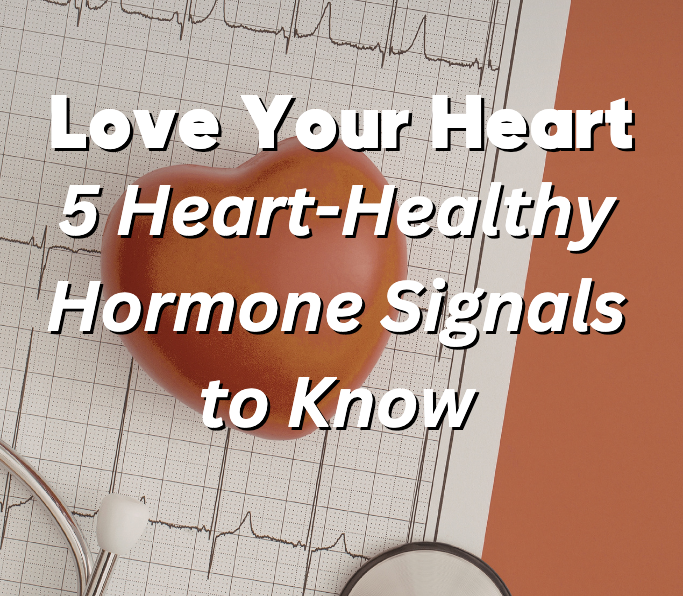Brain fog isn’t just a fleeting annoyance; it’s a warning signal. For many women, especially in their 30s, 40s, and beyond, that mental cloudiness is often tied to deeper metabolic and hormonal imbalances. Estrogen, insulin, and brain fog form a triad that’s intimately connected; when one goes off course, the others often follow.
Let’s break it down.
The Estrogen Connection
Estrogen is more than just a reproductive hormone. It plays a powerful role in your brain’s ability to process information, retain memory, and maintain mental clarity. When estrogen levels decline, whether from perimenopause, menopause, or poor hormonal signaling, women often experience a noticeable shift in cognitive performance. Think forgetfulness, sluggish thinking, or word-finding difficulty.
Why? Estrogen enhances synaptic plasticity and increases blood flow to the brain. It even helps regulate neurotransmitters like serotonin and dopamine. No wonder women feel “off” when it drops.
The Insulin Factor
Here’s where things get even more interesting. Insulin isn’t just about blood sugar. Chronically elevated insulin levels (common with insulin resistance) can starve your brain of energy. Glucose becomes less available to the brain, even when it’s circulating in excess throughout the body. This metabolic confusion contributes directly to brain fog, memory issues, and mood instability.
Worse, insulin resistance increases inflammation and oxidative stress, two of the biggest enemies of brain health.
The Brain Fog Reality
When estrogen drops and insulin spikes, the perfect storm forms. Brain fog isn’t all in your head: it’s a real, biochemical state of dysfunction. And if left unaddressed, it doesn’t just affect your productivity or memory. It sets the stage for long-term cognitive decline.
What You Can Do
You don’t have to settle for fog. We need to treat the root causes:
- Support estrogen through bioidentical hormone replacement when appropriate.
- Reverse insulin resistance with dietary changes, exercise, and fasting strategies.
- Prioritize anti-inflammatory foods and brain-specific nutrients like omega-3s and magnesium.
Your symptoms aren’t random. They’re data, and at EVEXIAS, we know how to read them. Let’s uncover the root cause and help you reclaim your energy, clarity, and peace of mind.






